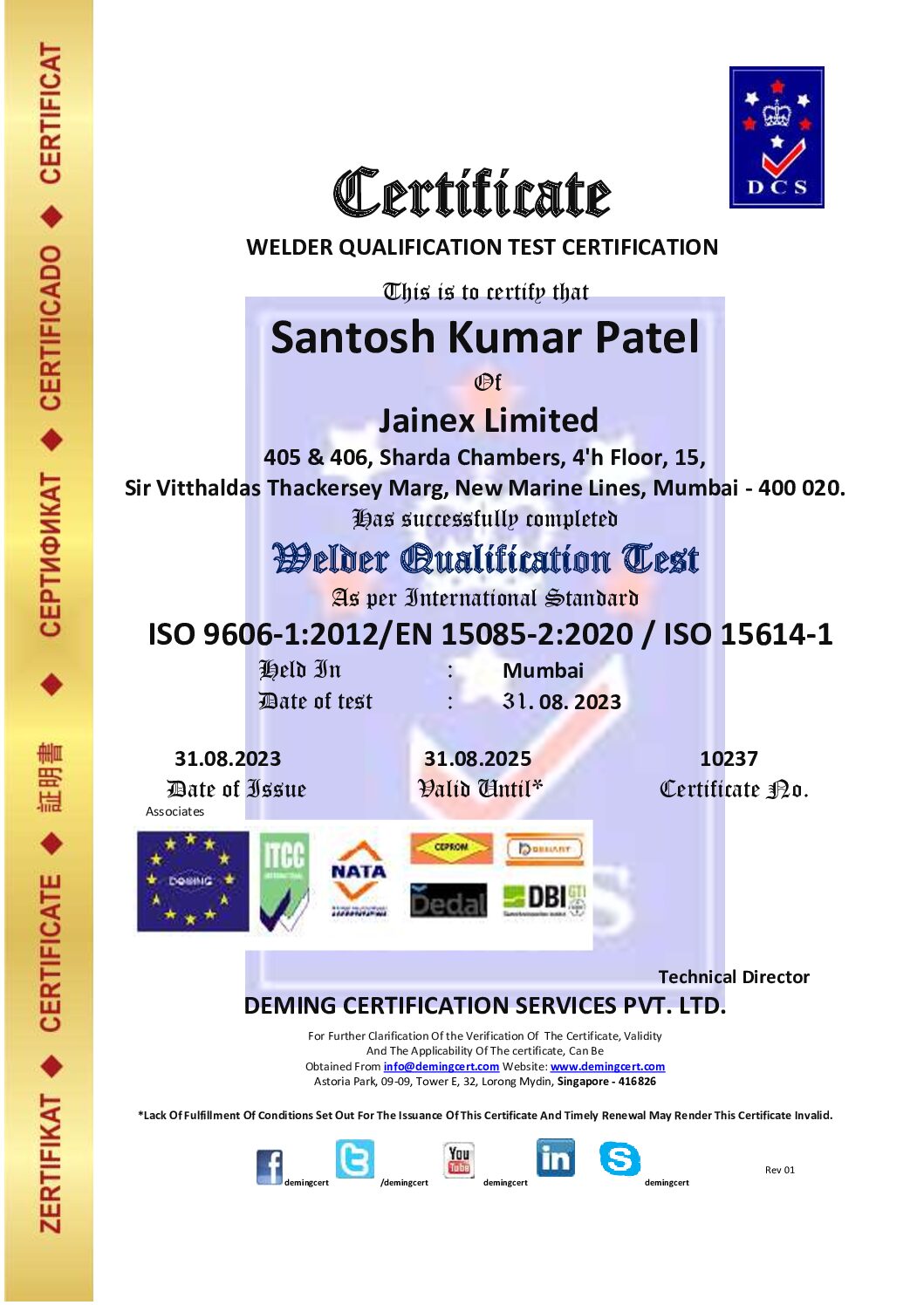Description
ISO 20121:2012 specifies requirements for an event sustainability management system for any type of event or event-related activity, and provides guidance on conforming to those requirements..
ISO 20121:2012 is applicable to any organization that wishes to:
establish, implement, maintain and improve an event sustainability management system;
- ensure that it is in conformity with its stated sustainable development policy;
- Demonstrate voluntary conformity with ISO 20121:2012 by
- first party (self-determination and self-declaration),
- second party (confirmation of conformance by parties having an interest in the organization, such as clients, or by other persons on their behalf), or
- independent third party (e.g. a certification bEvery event – from a village barbecue to a major sporting event like the Olympics – will have economic, social and environmental impacts. Water and energy resources are put under pressure, significant amounts of waste and carbon emissions can be generated. Sometimes events can put a strain on local communities. By 2005, practitioners within the events industry were becoming aware of the need for more sustainable practices.Specifically, the Head of Sustainability at the London 2012 Olympic and Paralympic Games, David Stubbs, was looking for a way to make good on the sustainability promises made in the London Games bid.[1]
He raised the issue with the British Standards Institution (BSI) in the UK. This led to the creation of BS 8901:2007 Specification for a sustainable event management system with guidance for use.[2] After a period of review, the second version of BS 8901 was published in 2009.[3]
BS 8901 was received very positively by the international event industry, and was soon being widely used. For example, COP15, the United Nations Conference on Climate Change, was certified as compliant with BS 8901 in December 2009.[4] The Microsoft Corporation achieved certification to BS 8901 at its Microsoft Convergence® 2009 event in New Orleans, Louisiana, in March 2009.[5]
Development of ISO 20121[edit]Responding to this international enthusiasm for BS 8901, in May 2009 a proposal for an international sustainable event management standard was jointly submitted to the International Organization for Standardization (ISO) by BSI Group and ABNT, the Brazilian national standards body.[6]
Delegations of experts of the national standards institutions of 25 countries developed the standard, with another 10 countries as observers. Eight stakeholder organizations from the event industry, or with a strong interest in sustainability, also participated.[7] Members of the sustainability team of the London 2012 Olympic and Paralympic Games were among the stakeholders who provided input into the development of the standard.[8]
Subsequently, ISO 20121:2012 Event sustainability management systems –- Requirements with guidance for use was published in June 2012.[9]
How ISO 20121 works[edit]ISO 20121 is relevant to all members of the event industry supply chain including organizers, event managers, stand builders, caterers and logistics suppliers.
The standard takes a management systems approach to running more sustainable events. It provides a framework to help identify the potentially negative social, economic and environmental impacts of events. Organizers can then remove or reduce negative impacts through improved planning and proce





Reviews
There are no reviews yet.